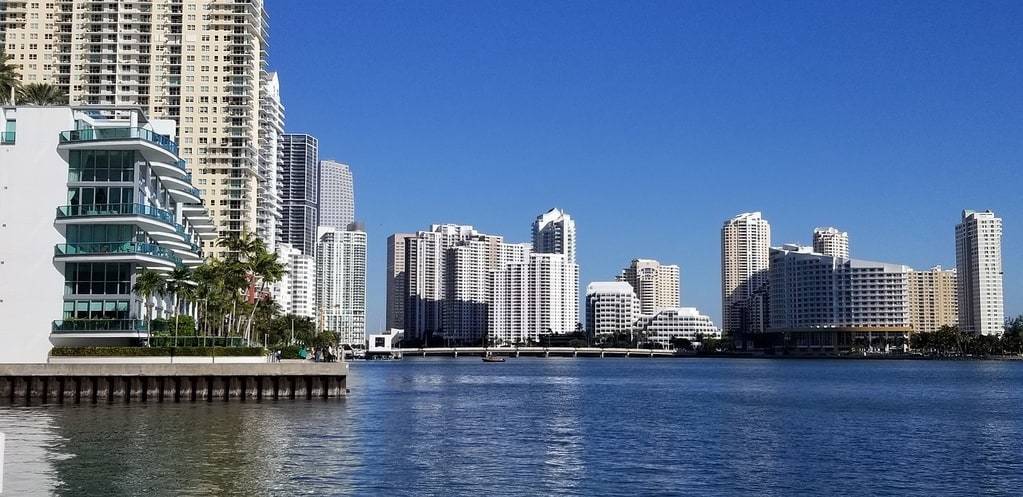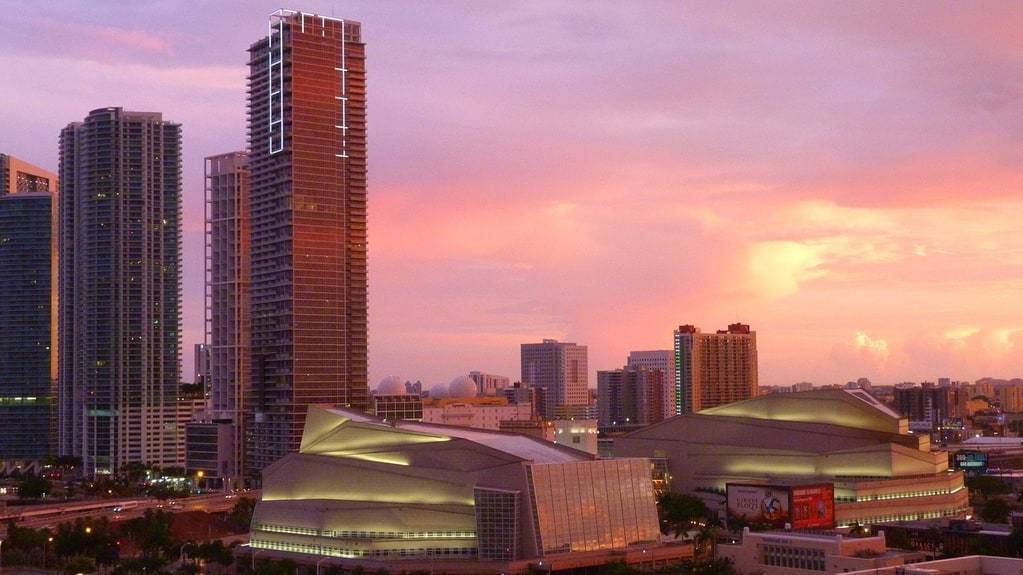In the ever-evolving landscape of modern society, traditions are being reshaped and reimagined to fit contemporary contexts. Whether through the lens of technology, the influence of globalization, or the growing emphasis on individuality, age-old customs are adapting to reflect the values and priorities of today’s generation. The fusion of past and present opens up new avenues for cultural expression, enabling traditions to remain relevant and dynamic.
Reimagining Traditions in the Modern Era
Traditions have long served as a means of preserving cultural identity and heritage. However, the dynamic nature of the modern world necessitates a rethinking of these practices. Many traditions are now infused with contemporary relevance, merging historical significance with modern-day interpretations. This process allows communities to maintain a connection to their roots while also embracing the changes brought about by modernity.
A significant driver of this transformation is technology. Digital platforms and social media have become powerful tools in reshaping how traditions are celebrated and shared. From online festivals to virtual ceremonies, technology has enabled people to participate in cultural practices regardless of geographical boundaries. This connectivity not only fosters inclusivity but also encourages the evolution of traditions to resonate with a broader audience.
Another factor contributing to the evolution of traditions is the growing emphasis on individuality and self-expression. As societies become more diverse, there is a greater appreciation for personal interpretations of cultural practices. This shift encourages individuals to infuse their unique perspectives and creativity into traditional customs, thereby breathing new life into age-old rituals.

Traditions and Technology: a New Synergy
The intersection of technology and tradition is forging new pathways for cultural expression. Through digital media, people have the opportunity to share and celebrate their traditions on a global scale. This newfound accessibility allows for a more diverse and inclusive representation of cultural practices. By leveraging technology, traditions are no longer confined to specific regions or communities but instead have the potential to resonate with a worldwide audience.
Virtual events have become increasingly popular, providing a platform for cultural exchange and celebration. These events not only preserve the essence of traditional practices but also offer innovative ways to engage with them. For example, live-streamed cultural festivals allow individuals to participate in real-time, fostering a sense of community and shared experience despite physical distances.
The digital realm also serves as an archive for cultural preservation. Online platforms and digital storytelling enable the documentation and dissemination of traditions in a way that ensures their longevity. This not only aids in preserving cultural knowledge but also encourages future generations to engage with and reinterpret these practices in ways that are meaningful to them.
Adapting Traditions to Reflect Modern Values
As societies evolve, so do the values that underpin them. Traditions, therefore, must adapt to reflect these changing values, ensuring their continued relevance. This adaptation often involves a reevaluation of traditional practices to align with contemporary social norms and ethical considerations. For instance, many cultural rituals are being modified to promote environmental sustainability and social justice, reflecting the growing importance of these issues in today’s world.
The reimagining of traditions often entails a balance between preserving historical significance and embracing modern ideals. This delicate equilibrium ensures that traditions remain a vital part of cultural identity while also serving as a platform for progressive change. By incorporating modern values, traditions can engage new generations, fostering a sense of pride and belonging that transcends temporal and cultural boundaries.
This adaptation is not without its challenges. The process of reimagining traditions requires careful consideration and respect for cultural heritage. It is essential to approach this transformation with sensitivity, acknowledging the importance of maintaining the core values and meanings that define these practices.
Embracing the Future of Traditions
The future of traditions lies in their ability to evolve and adapt to the changing world. By embracing modern influences, traditions can continue to thrive as vibrant expressions of cultural identity. This evolution is a testament to the resilience and creativity inherent in cultural practices, demonstrating that traditions are not static but rather dynamic elements of human experience.
As traditions continue to evolve, they offer opportunities for innovation and creativity. By reimagining traditional practices, new forms of cultural expression emerge, enriching the tapestry of human experience. The fusion of old and new creates a rich dialogue between the past and present, fostering a deeper understanding and appreciation of cultural heritage.
In conclusion, the reimagining of traditions in today’s world represents a harmonious blend of continuity and change. By adapting to modern contexts, traditions remain a vital and vibrant aspect of cultural identity. This transformation not only preserves the essence of cultural practices but also ensures their continued relevance in an ever-evolving world. As society moves forward, traditions will undoubtedly continue to adapt, offering new insights and opportunities for cultural expression.
- Technology is reshaping how traditions are celebrated and shared.
- Traditions are adapting to reflect modern values and social norms.
- The fusion of past and present offers new avenues for cultural expression.
